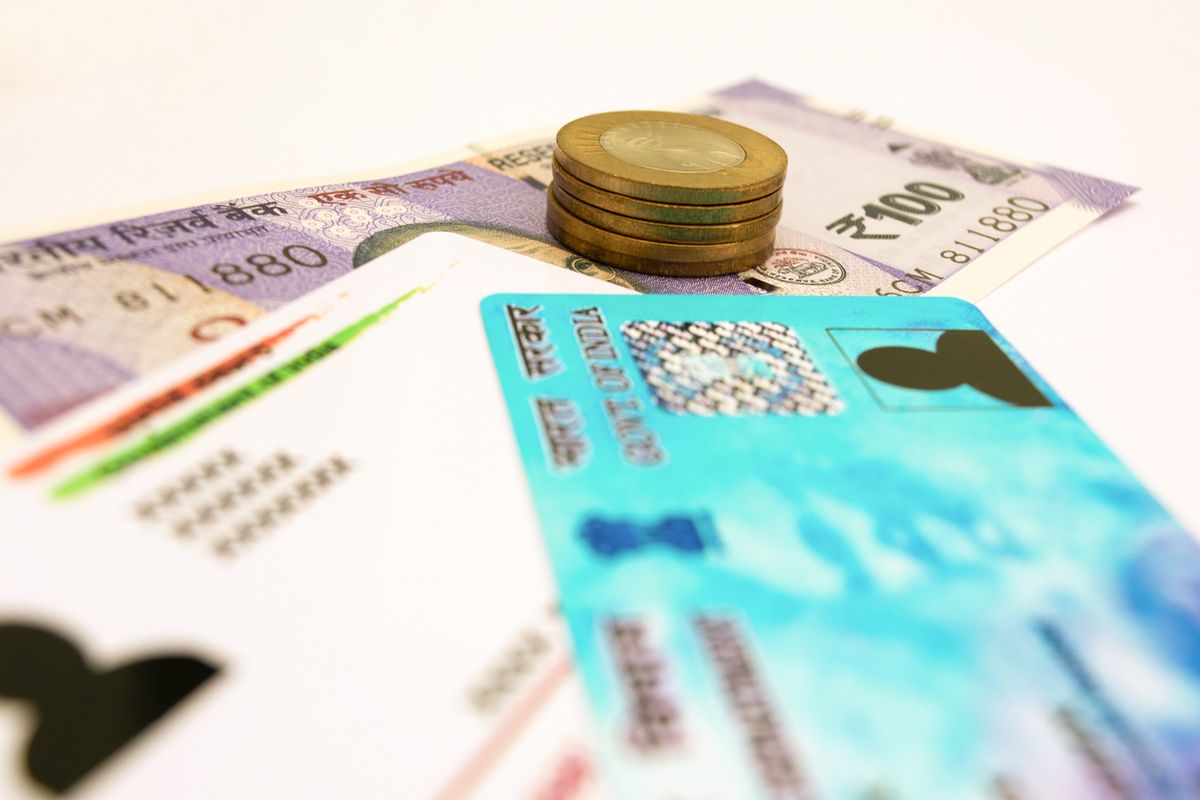5L plus students appear for HS exams this year
The West Bengal Council of Higher Secondary Education Examination (WBCHSE) kicked off today with more than five lakh students appearing for the board exams.
The Union minister of food and public distribution system(PDS), Ram Vilas Paswan, had announced the scheme earlier and said it will be implemented in the country by 1 June 2020.

The scheme aims to ensure that no poor is deprived of PDS entitlement even if that person shifts from one place to another. (Photo: iStock)
The West Bengal government is unwilling to join the Centre’s ‘One Nation One Ration Card'(ONORC) scheme that is to come into effect from June, tentatively, and which seeks to make one single ration card valid for drawing subsidised foodgrains from any state of the country.
The Union minister of food and public distribution system(PDS), Ram Vilas Paswan, had announced the scheme earlier and said it will be implemented in the country by 1 June 2020. However, the Centre has now given states and Union territories time till 30 June to implement the ‘One Nation, One Ration Card’ scheme.
Advertisement
In general, ration cards are distributed by state governments, enabling a ration card holder in a state to draw food grains at a subsidised rate from any fair price shops in that particular state. The ONORC scheme will however allow a ration card holder to draw rations in any state in the country. The decision has been made after it was observed that millions of Indians migrate to other states for jobs and other purposes and they are unable to draw ration using their card that was issued by the government of the state the person has migrated from.
Advertisement
The scheme aims to ensure that no poor is deprived of PDS entitlement even if that person shifts from one place to another. It is learnt that West Bengal government is unwilling to join this ONORC scheme due to certain differences with the Centre. Talking to The Statesman, the state food supplies minister, Jyotipriyo Mullick, said, “Firstly, we have not received any letter or notice from the Centre to join this scheme. The state government has already invested Rs 200 crores, approximately, for digitisation of ration cards. Who will reimburse that amount?”
The minister further added, “A huge amount of fund that the Centre is supposed to give the West Bengal government, is still pending. The due amount of funds that the Centre is yet to clear is around Rs 5500 crores approximately.”
Mr Mullick said, “The West Bengal government has made public distribution system much secure and transparent. We have already installed electronic point of sales (E-POS) machines at the ration shops that helps in identification of the ration card holder and the amount of ration drawn by a card holder.”
E-POS machines use biometric method for identification. It may be noted that the West Bengal government had also decided against implementing the central government’s Ayushman Bharat Pradhan Mantri Jan Arogya Yojana (AB-PMJAY) through which the central government aims to provide health protection cover to 50 crore poor people.
The state government had justified its decision of not implementing Ayushman Bharat by claiming that West Bengal government has its own health protection ‘Swasth Saathi’ scheme which is completely government sponsored and a Swasth Saathi card holder does not need to pay any premiums for healthcare unlike under the Centre’s health scheme.
Advertisement